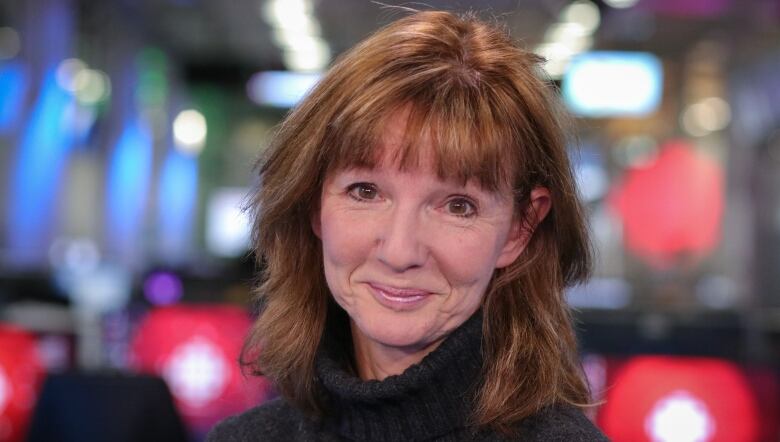Misinformation is making people sick. Here's how to spot fake science
Health-care consultant Mary Jane Hampton shares her health hacks with CBC's Information Morning

This is part of a series from CBC's Information Morning where Halifaxhealth-care consultant Mary Jane Hampton discusses her "health hacks" ways to make your experience with the health-care system better.
The spread of misinformation about infectious diseases, including measles, is an "epidemic" with no cure, says a Nova Scotia health-care consultant.
Recent measles outbreaks, including one in New York that'smade more than 200 people sick, arebeing blamed on parents who refuse to inoculate their kids because they believethe vaccine formeasles, mumpsand rubella haslinks to autism.
"Even though the root of the misinformation was actually fraudulent science, even when that was exposed, once the message had stuck that people should be afraid of vaccinating their children, that became a belief factor for a lot of people," Mary Jane Hampton told CBC Radio'sInformation Morning.
At least 136peoplehave died after contracting measles in the Philippines. In Canada, eightnew cases of measles were confirmedas of Friday in Vancouver.

Hampton said health-care consumers have a duty to sift among thesea of misinformation that's available online and find the facts.
Studies have found that 80 per cent of people have looked to online sources for health-related information in the last 30 days, she said.
"We need to be aware of the fact that we are particularly vulnerable and susceptible to falling for these traps," said Hampton.
"We want the easy information. We want the fix when something is wrong with us and sometimes we can't hear that it is snake oil because we want to believe so badly."
Who should you trust?
While measles is the most current example, dubious science had fatal consequences more than a decade ago in South Africa when the message was spread thatHIV had nothing to do with AIDS, said Hampton.
"That resulted in a whole series of government policies that directly related to the deaths of about 350,000 people over the course of a year and a half."
Her advice for weeding out fake science is to consult these three trusted sources:
- A credible academic source like a university.
- A health-care professional.
- A government agency like thePublic Health Agency of Canada.
If two or more of those sources don't back up what you've heard from a friend or seen posted on social media, the original source isn't credible, she said.
It's also important for people to ask themselves a simple question: who is profiting from making this claim?
"If the answer is that the person or the organization would profit or even if they maybe would profit, then you've got to go back and check your sources. Follow the money," said Hampton.
With files from CBC Radio's Information Morning












_(720p).jpg)


 OFFICIAL HD MUSIC VIDEO.jpg)
.jpg)



























































































